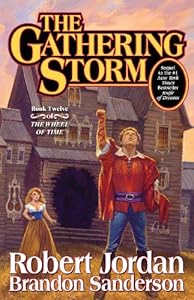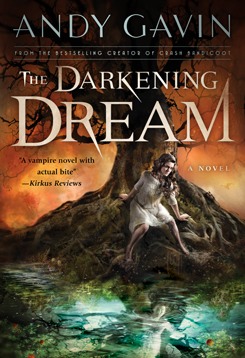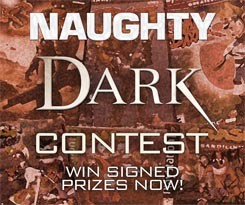Show: The Wheel of Time (season 1)
Genre: High Fantasy
Platform: Amazon Original
Watched: Season 1 – January 2022
Summary: Captures much of the flavor, but flawed
Everyone here know that I’m a huge fantasy fan. And of course I’ve read the entire Wheel of Time book series. It’s been awhile though, as I started reading somewhere in the mid 90s and then book by book as they came out. It’s an interesting series as I LOVED it for a while, then it hit a slow point, then rebounded, then got really glacial toward the end. Problematically after a while the number of (often unimportant) characters ballooned to almost ludicrous levels. I have some discussion on the blog here of one of the later novels but this review is about the 2021 television adaption.
Said live action adaption is a bit of a mixed bag.
The Good
The casting is generally excellent and the acting very good. Moiraine, Lan, Egwene, Loial, Liandrin, and Mat in particular stand out. The core group is pretty good, although aged up to young adult (in the novel they are perhaps 16). This is a decent choice but leaves one with a slightly different feel. However, the essential traits of most of the characters do shine through.
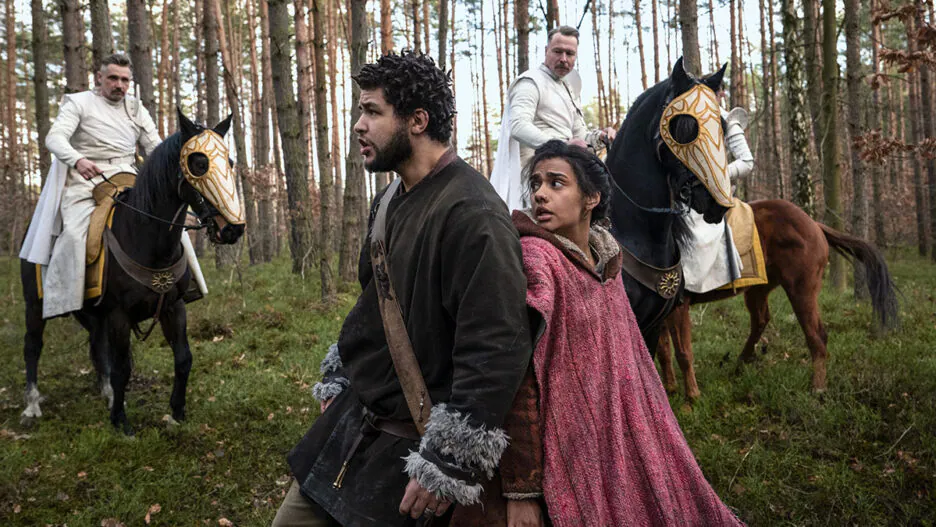
The Aes Sedai are well handled. The White Tower and its feuding inhabitants are one of my favorite parts of the novels and I feel that the show began to capture this fairly well. It’s not exactly the same, and they certainly aren’t revealed it in the same order — as the books don’t introduce a lot of this until later — but I have no problem with this being moved forward. We also get a solid sense of the Warder Bond and some sense as to the nature of the One Power. Still, we could have had more.
The essential feel of the world is decently, if not perfectly brought to life. This includes its magic, complexity, relatively high population (compared to say Middle Earth), etc.
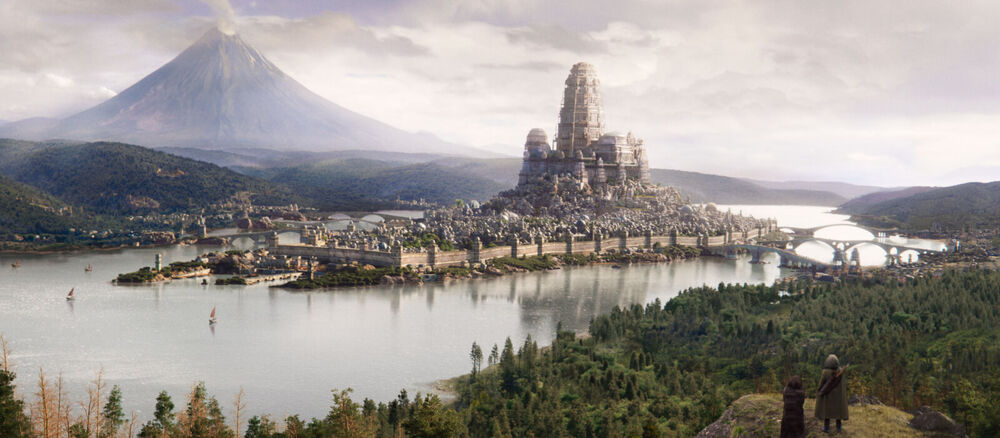
The look of the world, particularly the landscapes, buildings, and cities is generally excellent and feels big, different, and generally beautiful. Costumes are more of a mixed bag, but generally pretty good.
The Bad
The worst thing about the entire show was the studio’s choice to skimp on the number of episodes. The show-runners said they wanted 10. They got 8. This is a long book, 782 pages to be exact, and they clearly needed the extra two. They barely got through the bare minimum amount of plot needed and badly slashed character development. The core five (Rand, Egwene, Mat, Perrin, and Nynaeve) got particularly shafted. The boys most of all. The actors all did a solid job with their characters but they just didn’t have enough scenes.
Some odd changes clash with the core lore of the world. A big one here is the idea espoused for most of the season that any of the core 5 could be the Dragon Reborn. It just couldn’t be a girl. Makes no sense with the central notion that a major aspect of the Dragon is his exposure to the male half of the source and its madness inducing corruption. This isn’t some minor nuance. And there was no good reason for this change. Egwene and Nynaeve are plenty powerful, interesting, and complex without this silly wrinkle.
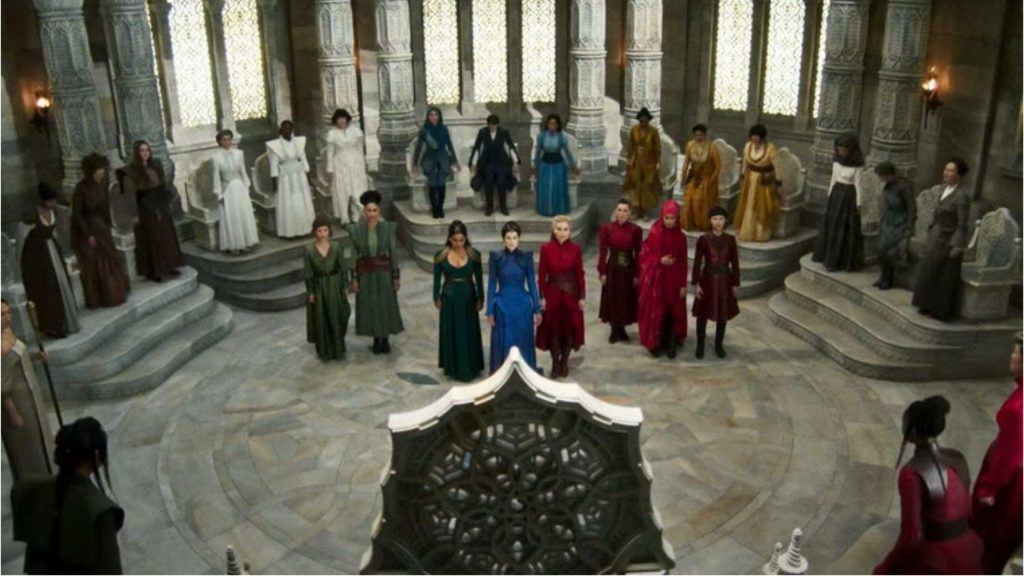
The first episode, particularly the first half (pre trolloc) is weak. It just doesn’t do a good job introducing the characters. The insertion (and rapid removal) of Perrin’s “wife” is particularly odd.
Barney Harris’ Mat decided to leave the production for personal reasons 6 out of 8 episodes in. This leads to the abrupt departure of his character and to Perrin taking over his role in Episode 7/8 in a way that is inconsistent with the longterm story. It probably helped screw up the last episode. Clearly covid also played a role here as the last episodes showcase most of the characters weirdly placed into their own scenes and lamely grafted together by the editors.
The final episode, particularly its second half, is flawed and confusing. The major deviations from the books are weird and pointless: Nynaeve’s “resurrection”, Loial’s maybe death, Moiraine maybe stilling, Rand’s totally lame “big fight,” the Perrin/Mat swap out. Only a devoted reader would have even the slightest clue about the who/what/why of Ishamael toward the end. And it’s not even Ishamael in the books. At best, they might assume he is the Dark One himself.
The ability of the show to teach a naive (non book reading) viewer about the very complex world is quite poor. There is a lot going on here, and while the show does elude to many aspects, it is rarely explicit enough. I’m sure that naive viewers will be utterly baffled by many aspects. Part of this was time crunch, but they just needed more scenes with Moiraine (or others) showing the core crew how things worked.
The Weird
I do have to stop for a second and comment as usual on the “woke” multiracial aspect of the casting. It’s very explicit. Most of the actors are non-white. Unusually, even for woke productions, there are a good number of central Asians and Indians. Pretty much a total scramble of our world’s ethnicities. In of itself, I have no problem with this, the inclusion is great, and because WOT is a fantasy there is clearly nothing “inaccurate” about it per se. However, I did find it distracting for a reason that might be peculiar to me and my sense of world building. Families and villages seem to be heterogeneous. That just feels odd to me unless genetics are different in this world. Parents often seem to be different ethnicities than their children. I just couldn’t help but notice this. I think it would have been better to cluster the casting a bit more by town/city or whatever. For example, the Two Rivers is described (both in the show and the books) as having a narrow and ancient gene pool — and you certainly wouldn’t know it from the casting. The Aes Sedai on the other hand, being recruiting from women all over the continent, could be realistically mixed without issue. For what it’s worth, there was also a bit of an Indian slant to some of the production design (architecture in Tar Valon, tinker food, etc) which is unusual. This was interesting (in a good way).
Rand, despite being the protagonist and the sole POV character of the first novel, is given very little screen time, development, or focus until the last episode.
A lot of the “flashbacks” or asides like those of Siuan Sanche, Lews Therin, or Logain feel cheesy and are probably confusing to new viewers.
The visual fx for the One Power are weird. It’s all the same smokey strands. It’s different, but I’m not sure it works.
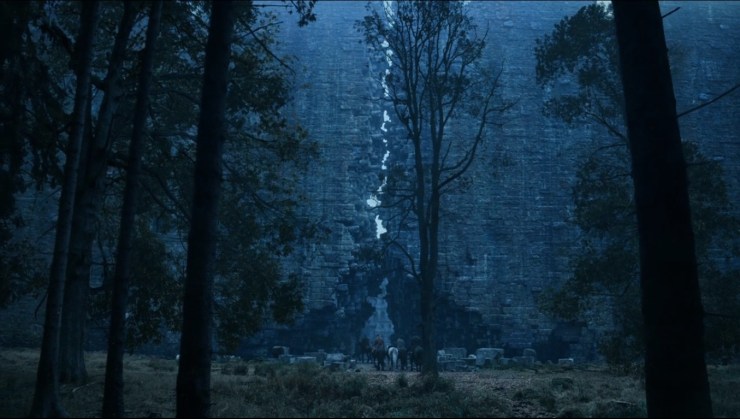
The incredibly important sense of dread and foreboding that should have been evoked by the Fades, Trollocs, and Forsaken is essentially squandered. Forsaken are barely even mentioned. This problem is mostly a matter of poor direction, vfx, and editing. Partially it’s crappy writing. This was handled MUCH better in the books and should have been even better in televisions vision medium. Lord of the Rings does a great job with the same. The Ring Wraiths are incredibly chilling, radiating evil. Sadly, the same can not be said in WOT. A few terrifying glimpses of the fades before the Trolloc attack (like in the books) would have gone a long way, as would have proper visual and auditory fx.
This 20 year old clip from The Fellowship of the Ring shows a masterful command of horror, and a lot of it is due to subtle details (like the bugs), the camera work, and the soundtrack. The directors and editors of WOT clearly have no knack for horror. Peter Jackson on the other-hand, for all his flaws, comes out of a horror background. WOT isn’t a horror story, but supernatural horror is an important element of “dark lord” fantasy and it’s completely botched in this adaption.
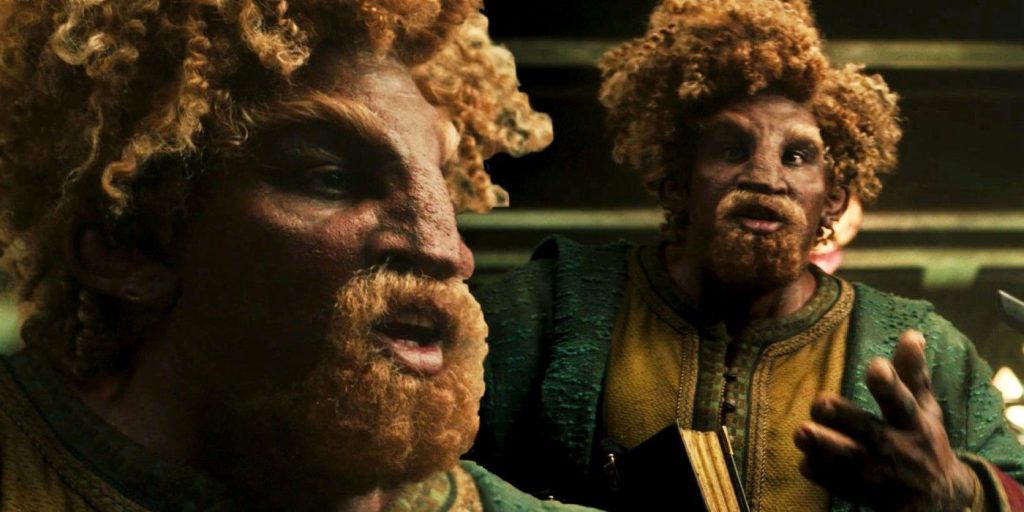
Loial’s Ogier look is just plain lame and weird — and nothing like the books. Hammed Animashaun’s portrayal of the character, however, is spot on.
General alterations and condensing of the timeline even for this fairly linear first novel didn’t bother me much. Yeah they knocked out several major locations like Caemlyn, Whitebridge etc but this was probably necessary given the 782 page -> 8 episode compression.
Overall, I enjoyed the show, particularly after the first episode, and I look forward to the second season, but it could just have been so much better.
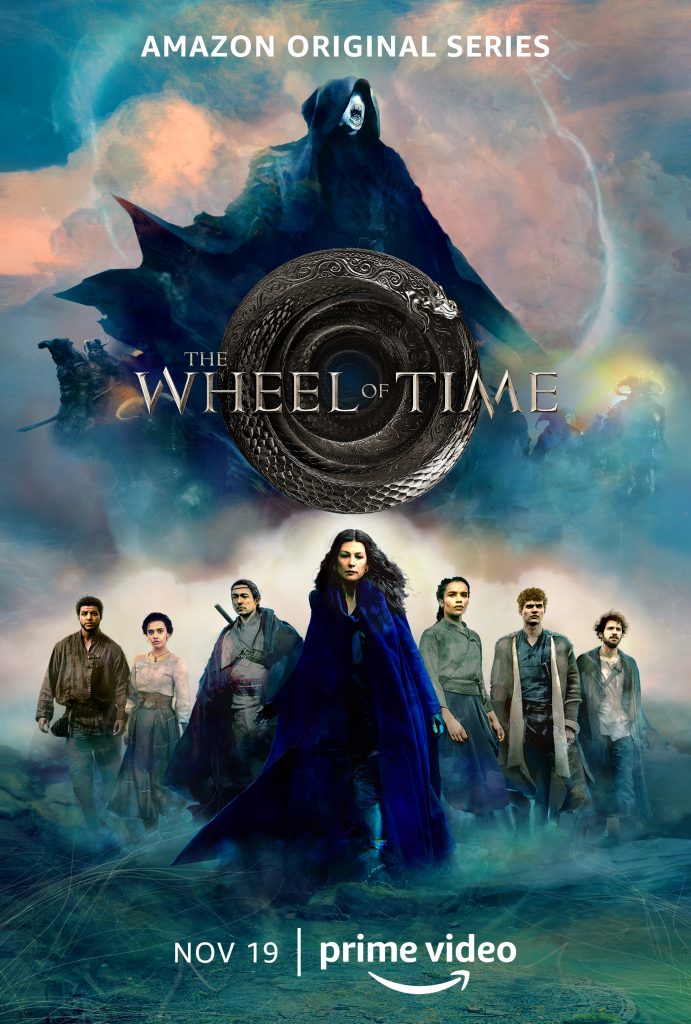

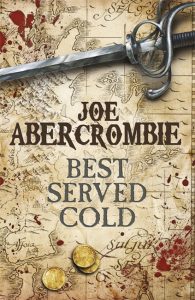
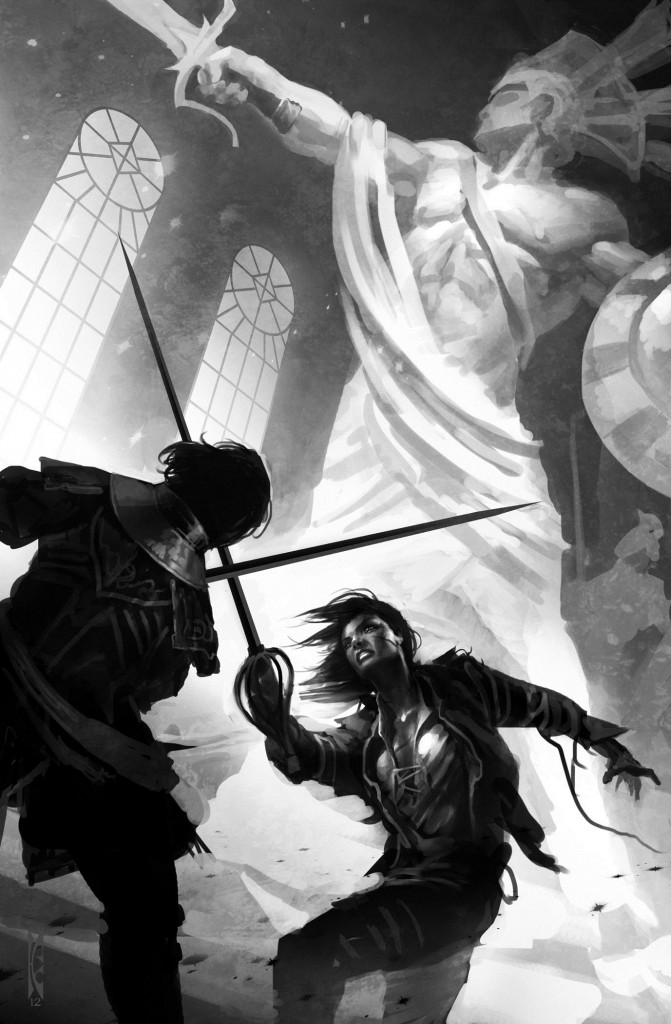
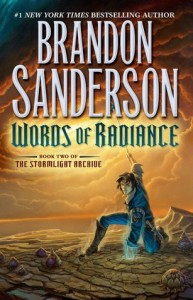
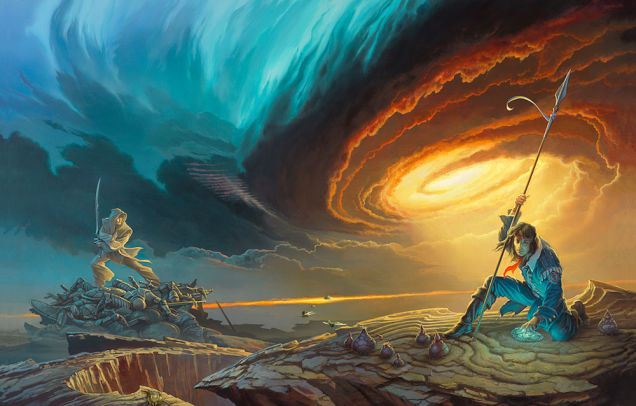
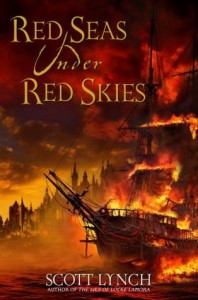
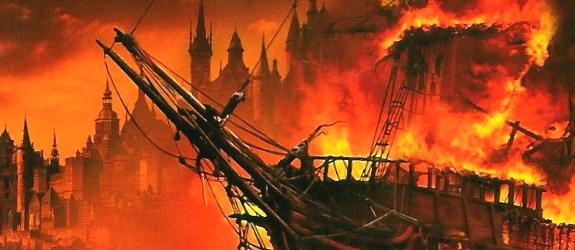
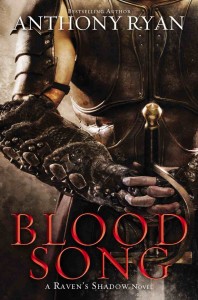
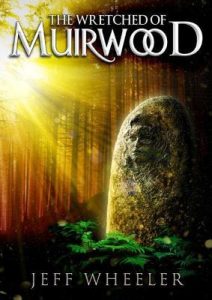
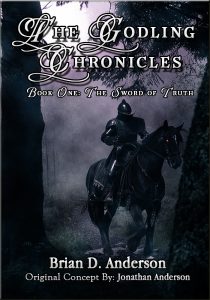
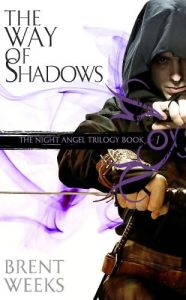

 Title:
Title:  Title:
Title: 
